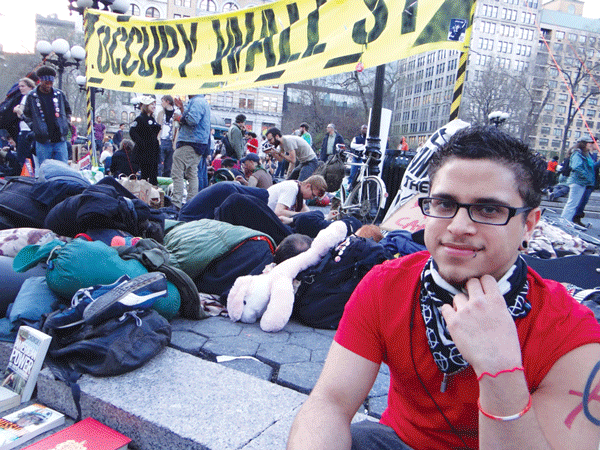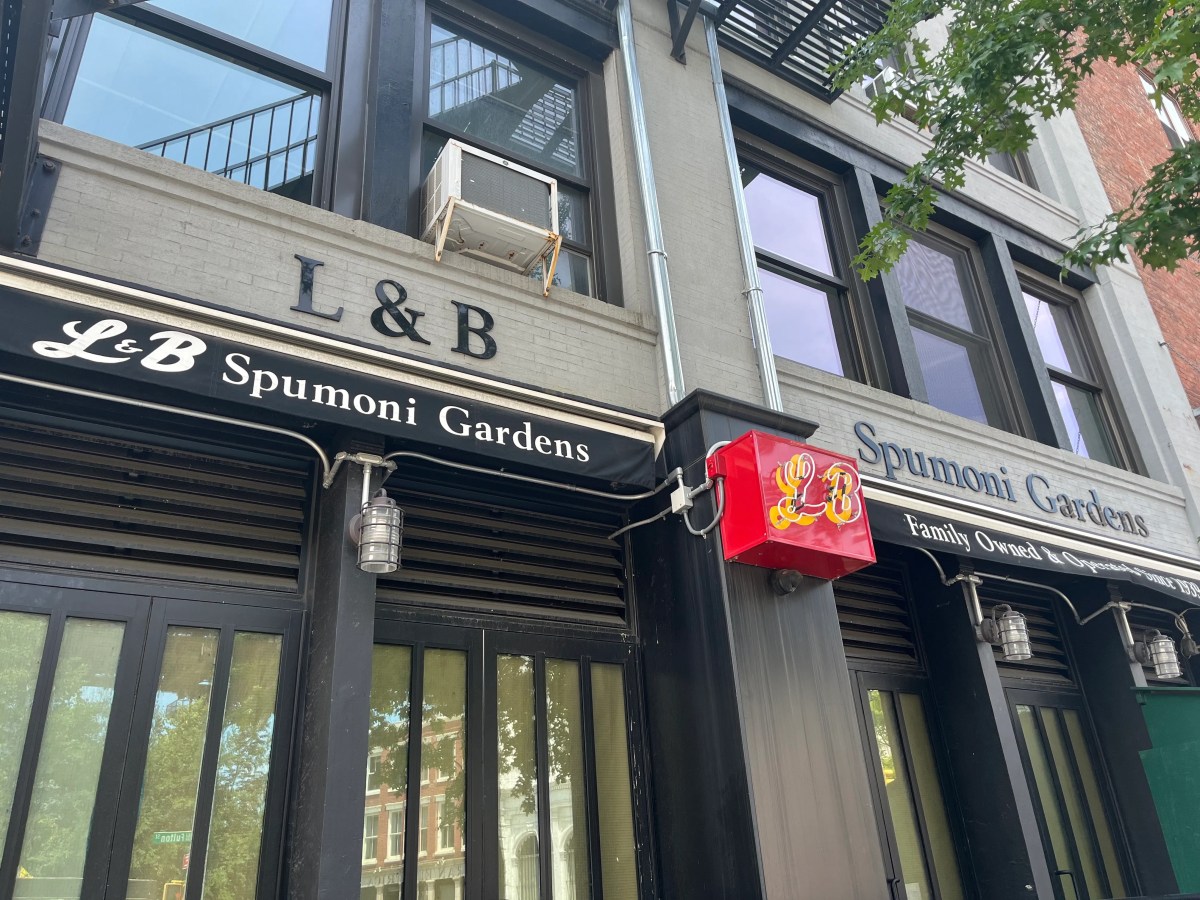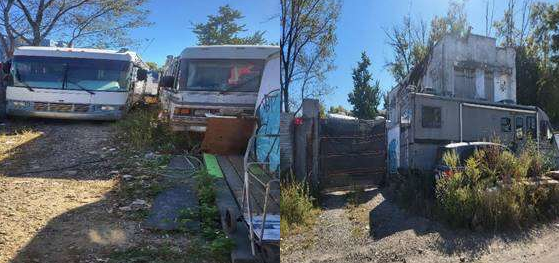BY KEEGAN STEPHAN | This month marks the one-year anniversary of Occupy Wall Street. Activists across the world are celebrating effective direct actions and strategizing ways to move forward. In New York, we have a special victory to celebrate and an important opportunity to facilitate next steps: a victory 25 years ago in a struggle that’s at the forefront of New York City politics again today, and a celebratory event to recall the lessons of the past and regroup for the future.
In 1987, Mayor Koch issued an edict banning bicycling on Fifth, Madison and Park Aves. from 31st St. to 59th St., between 10 a.m. and 4 p.m., Monday through Friday. The ban was a clear attack on bike messengers, who were being scapegoated in the press and public for unsafe streets. In response, six messengers rode up Sixth Ave., taking up the road width, slowing down traffic, and stopping at red lights to let pedestrians cross safely. The rides were repeated almost daily and soon attracted thousands of participants. Pedestrians joined the demonstrations, and the press began to criticize the mayor’s action. In less than two months, the ban was defeated. The courts pointed out that the regulation had not been published in the public record, and instead of going back and doing so, Koch dropped the idea.
This victory was a testament to the powers of direct action: to humanize a cause, create dialogue, demonstrate a possibility other than the mainstream narrative, and most important, to cultivate community. When those six messengers took the streets, they cut through the ideological arguments for the ban by showing the faces and bodies of the people whose jobs were on the line, and gave others the opportunity to talk to those messengers. They certified that cycling could be city-friendly, and they formed communities between formerly disparate groups of cyclists, and between formerly oppositional road users.
Before then, sustainable infrastructure was being rolled back and the streets were becoming less livable — the first few bike lanes installed in New York City in decades had recently been removed. After defeating the Midtown ban, activists went on to win more victories for bicycle infrastructure — a permanent bike lane over the Queensboro Bridge, legal access to the ramped south side of the George Washington Bridge, and groundwork for the Hudson River bike path and other greenways.
Direct action creates community, which creates positive change. But the communities that created those positive changes from 1987 to 1992 have been damaged. Cyclists and other road users are often at odds — constant controversies over bike lanes testify to this. And the cycling community feels internally fragmented, as shown in comments to previous installments of this column. I believe the damage to these communities can be traced back to an assault on direct action, and I believe this is detrimental to creating positive change to our city’s infrastructure.
Twenty-five years ago, city transportation officials were a roadblock to positive infrastructure change, but the New York Police Department mostly allowed direct actions to occur. Now, D.O.T. strongly supports positive infrastructure change, but the N.Y.P.D. routinely suppresses direct actions. The history of Critical Mass clearly documents this reversal.
For more than a decade starting in the early 1990s, Critical Mass bike rides drew thousands of New Yorkers into the streets. In the years following the demonstrations at the 2004 Republic National Convention, the N.Y.P.D. illegally arrested hundreds of Critical Mass riders. Those riders won a class-action lawsuit for more than $900,000, but the police effectively stamped out Critical Mass. Fewer than 20 cyclists now attend each ride and they largely obey all traffic laws, yet the Police Department still sends at least 40 officers to each ride and tickets the riders for violations (most of which do not apply in New York City) at a rate exponentially greater than at any other time or place in the city.
Occupy Wall Street smashed into the same roadblock. Direct action is being suppressed across New York City, and as a result, communities and positive change are being suppressed. We cannot rely on government to dole out the changes we want. We must get together in public space and talk to one another about what those changes should be and demand them from the institutions that supposedly exist to serve us.
For these reasons, the cycling community will once again gather in the spirit of direct action. At 6:30 p.m. on Fri., Sept. 28, the 20th anniversary of Critical Mass, we will meet at Sixth Ave. and Houston St. and bike the ride that defeated the 1987 ban. At 9 p.m., we will convene at Cooper Union’s Great Hall, at 7 E. Seventh St., for a free movie screening about the ban, followed by a panel discussion on how to cultivate community and create positive change with cyclists and other road users. For more details, visit www.battleofthebikeban.com.
Stephan is a member of Time’s Up!, a New York City-based cycling advocacy and environmental organization.






































